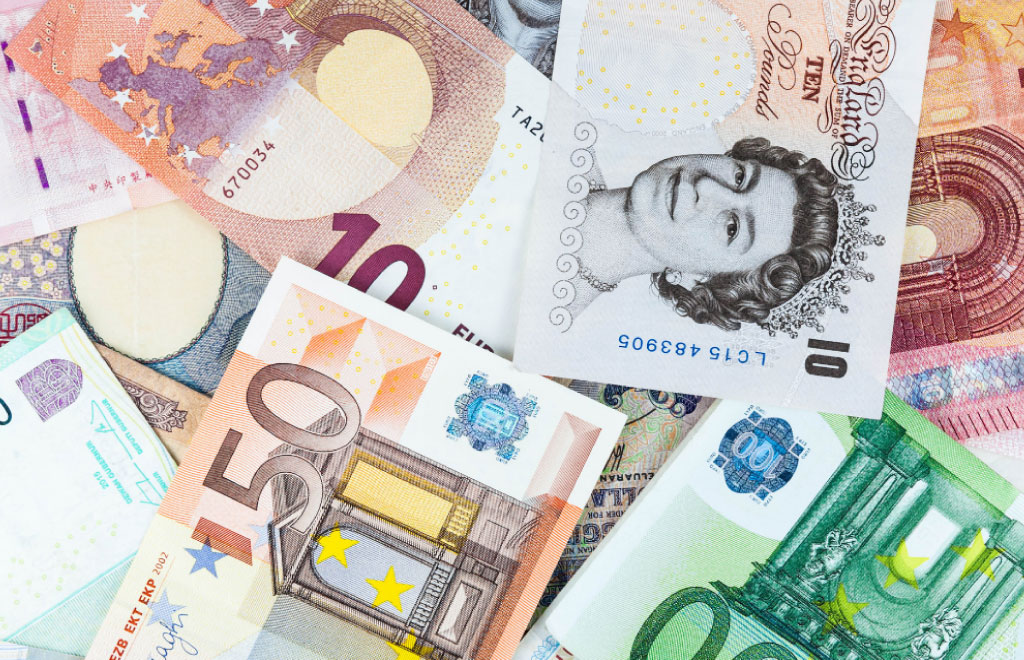The government of Bahrain has announced the implementation of VAT from 1st January 2019. An Arabic version of the VAT law has been published. Implementing regulations will be released at a later date which will explain the VAT matters in further detail.
Some of the important points and differences to UAE and KSA VAT legislation are as follows:
1. Mandatory Registration – Threshold
The Bahraini legislation refers to the GCC agreement for the mandatory registration threshold which stipulates Saudi Riyal 375,000 as the basis of calculation. The Bahraini legislation has not clarified which rate of exchange rate will be used to determine the final value of threshold. Threshold value is likely to be 37,500 if we look at the example of UAE threshold which is not exactly equivalent to the exchange rate pertaining to, for example, 01 January, 2018. UAE used a rounded off exchange rate of 1AED/SAR to calculate its threshold. Bahrain is likely to use a round off figure of 10 BHD/SAR, hence, BHD 37,500 as the threshold.
2. Mandatory Registration – Period
Another important distinction when compared to KSA and UAE legislation would be the period of revenue considered for mandatory registration. KSA and UAE consider last 12 months and next 30 days of revenue for the purpose mandatory registration. In contract Bahrain considers last 12 months OR “anticipated revenue” in the next 12 months. Companies may have to provide signed contracts to establish future revenue.
3. Voluntary Registration – Threshold and Period
Similar to UAE and KSA the voluntary threshold will be half of the mandatory threshold and both revenues and expenses can be considered for this purpose. But similar to the distinction in the period, previous OR next 12 months of revenue and expenses can be considered for the registration.
4. Tax Return Submission Date
It will be the last day of the month subsequent to the tax period. For example, for Quarter Ended 31st March, 2019 the last date of submission would be 30th April, 2019. This is similar to KSA.
5. Tax Debit Notes
The document titled “Tax Debit Note” is officially recognized when compared to KSA and UAE where only additional invoices can be issued for any increase in the value of a Tax Sales Invoice. For instance, in UAE and KSA, if by error or omission a Tax Invoice was undervalued, you need to issue an additional Tax Invoice describing the change. Bahraini Legislation recognizes a Tax Debit Note which can be officially issued to rectify such an error, instead of an additional tax Invoice.
6. Pre-registration Expenses
In Bahrain, with regards to sale of taxable goods, only those Input VAT credits can be claimed where the respective taxable goods would be sold after the registration date. In terms of taxable services, no Input credits can be claimed prior to 6 months of registration date. This is similar to KSA.
The distinction in UAE is with respect to the input credits on services only. Input Credits can be claimed as long back as 5 years prior to registration, provided that these services were used to make taxable services.
7. Education Services and related goods/services
In Bahrain these are Zero rated supplies. The legislation has not restricted this provision to government institutes only, whether higher education or not. The implementing regulation is likely to further elaborate on this topic specially “related goods/services”, and whether transportation, uniform, educational aids etc. would come under the zero rate or not.
In UAE, Higher education is chargeable at 5% VAT where it is a private institute. Otherwise public and private education and related goods and services are zero rated with the exception of uniforms, school trips, food items, electronic devices etc.
In contrast in KSA, all education services and related goods/services are subject to VAT at 5%. Though, the VAT payable by KSA citizens on educations services and related goods/services will be borne by the KSA government.
8. Enforcement
In Bahrain, the enforcement of VAT legislation will be done through an existing pool of judicial officers and public enforcement officials. So we may expect more inspections and enquiries when compared to KSA and UAE, where new departments are formed for enforcement which would need sufficient time to hire, train and start their inspections.
9. Failure to submit VAT return in time
The time stipulated in Bahrain before a penalty is levied is 60 days, when a minimum of 5% to a maximum of 25% penalty, on the amount of tax, can be levied. In contrast UAE, and KSA apply penalty immediately after the due date is over which is 28 days and last day, of the subsequent month, respectively.
10. Prosecution
In Bahraini legislation there is much more emphasis on criminal charges to be levied upon the violations of the law, when compared to UAE and KSA where financial fines are largely emphasized and higher in value.






